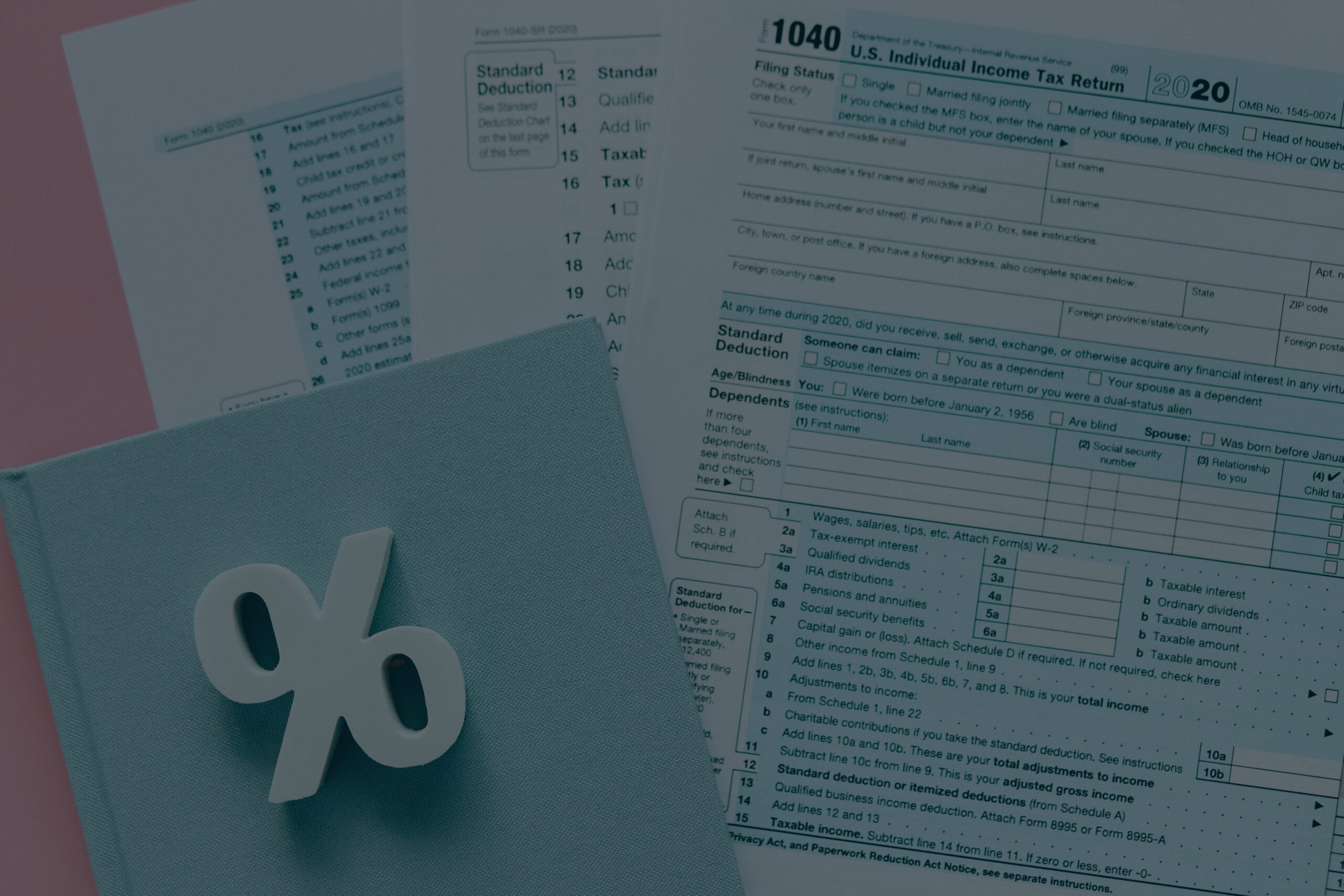
U.S. Treasury Proposes New Tax Compliance Measures to Be Administered by the IRS: An Investment in Technology and Compliance Methods
The Biden Administration recently proposed the American Families Plan (AFP) which outlines various investments in infrastructure to benefit American families. The AFP provides the costs and spending related to implementing these programs. In addition, the AFP contains various provisions to increase taxes. As part of the tax initiative, the President also proposed a set of compliance measures that will enhance and improve IRS audits.
On May 20, 2021, the Treasury released a proposal titled “ The American Families Plan Tax Compliance Agenda”. The proposal summarizes the challenges faced by the IRS and the investments that must be made in the IRS to ensure that it can do its job of administering a fair and effective tax system. The proposal states that The IRS requires more resources to conduct investigations into underreported income and to pursue high-income taxpayers who evade their tax liability through complex schemes.
According to the proposal, noncompliance is concentrated at the top 1% of taxpayers failing to report 20% of their income and failing to pay approximately $175 billion in taxes owed annually. The Treasury noted that this “tax gap” has many underlying causes, chief among them is insufficient resources because the IRS lacks the capacity, due to budget cuts, to address sophisticated tax evasion efforts. Moreover, audit rates have fallen by almost 80% for taxpayers making over $1 million in income.
Under the proposal, the Treasury outlined four key elements to raise revenue, improve efficiency and build a more equitable tax system. These items are discussed below.
1. Provide the IRS the Resources it Needs to Address Sophisticated Tax Evasion
The first step in the President’s tax administration efforts is a sustained, multi-year commitment to rebuilding the IRS, including nearly $80 billion in additional resources over the next decade. This would allow the IRS to modernize its technology, improving data analytic approaches, and hiring and training agents dedicated to complex enforcement activities. This would make up the ground that the IRS has lost over the last decade. During this time, the IRS budget fell by about 20%, leading to a sustained decline in its workforce particularly among specialized auditors who conduct examinations of high-income and global high net worth individuals and complex structures, like partnerships, multi-tier pass-through entities, and multinational corporations.
2. Provide the IRS with More Complete Information
The IRS would seek to obtain information that financial institutions already have for accounts that they house. Financial institutions would add information about total account outflows and inflows to existing reporting on bank accounts. Importantly, there are no added requirements for taxpayers. The IRS will be able to deploy this new information to better target enforcement activities, increasing scrutiny of wealthy evaders and decreasing the likelihood that fully compliant taxpayers will be subject to costly audits. The Treasury believes that voluntary compliance will rise through deterrence because potential tax evaders will realize that the IRS has an additional lens into previously unreported income streams.
3. Overhaul Outdated Technology to Help the IRS Identify Tax Evasion and Serve Customers
The IRS has systems that date back over 50 years. Additional funding and modernization would allow the IRS to address technology challenges and develop innovative machine learning that can be deployed to better identify suspect tax filings. This would also allow the IRS to employ artificial intelligence to monitor taxpayer returns and reconcile it with third-party information. Further, modernized IT would help improve taxpayer service and ensure that the IRS can effectively deliver tax credits to eligible families and workers, including recent expansions to the Child Tax Credit, the Earned Income Tax Credit, and the Child and Dependent Care Tax Credit proposed in the AFP.
4. Regulating Paid Tax preparers and Increasing Penalties for Those who Commit or Abet Evasion
Taxpayers often make use of unregulated preparers who lack the training to provide accurate tax assistance. These preparers submit more returns than all other preparers combined, and taxpayers rely on their guidance, in part because of challenges in reaching the IRS promptly, when questions arise. In addition to the regulation of paid preparers and service improvements that would simplify tax filing, the President’s proposal includes additional sanctions for so-called “ghost preparers” who fail to identify themselves on the tax returns which they prepare.
The Treasury Office of Tax Analysis estimates that these initiatives would raise $700 billion in additional tax revenue over the next decade.
